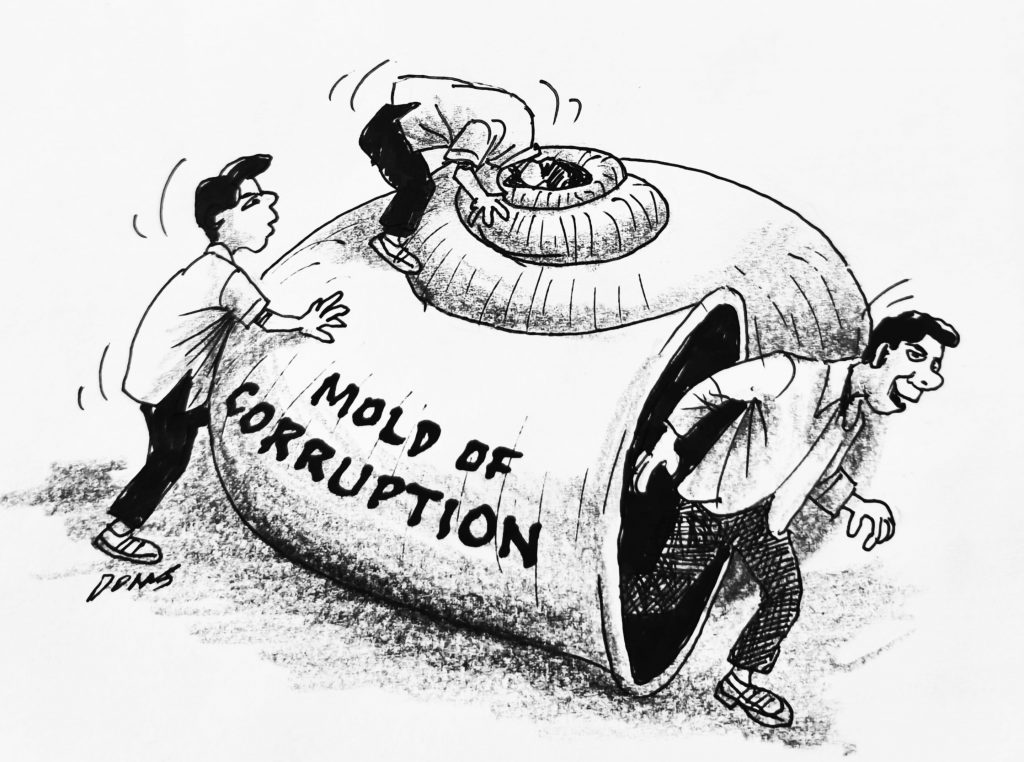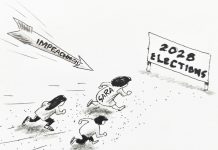Politics in the country hardly changes for the better. Even after being exposed for misconduct, unscrupulous politicians simply reappear in government positions, carrying the same brand of politics that has long stunted national progress. Such a vicious cycle leaves the nation stagnant while other countries move forward.
The persistence of traditional politicians and dynasties has entrenched a system where public office is treated less as a mandate to serve and more as a family enterprise. Power rotates among familiar surnames, cementing their grip over local and national governance. Instead of ushering in reform, these recycled figures bring the same strategies of manipulation, patronage, and survival, ensuring their presence remains unshaken despite scandals or public outrage.
Corruption thrives in this setup, though rarely leaving a trail that could pin down those responsible. The cunning methods of siphoning funds, rigging contracts, and exploiting government resources have evolved into sophisticated practices that make accountability nearly impossible. Laws and investigative bodies, often controlled by the same political forces, become ineffective in dismantling these webs of deceit. The result is a government machinery that operates, not for development, but for self-preservation.
The consequences are glaring. While neighboring nations attract investments, improve infrastructure, and uplift the lives of their citizens, the Philippines remains shackled by inefficiency, poor governance, and misplaced priorities. Economic opportunities are wasted, social services are compromised, and generations of Filipinos are condemned to bear the burden of a nation that refuses to progress. This is not due to a lack of talent or resources but because leadership is monopolized by the same discredited personalities who only serve themselves.
It takes a political awakening among the electorate to break this cycle. Citizens must learn to reject recycled names and demand new leaders with competence, integrity, and vision. Electoral reforms should be strengthened to dismantle dynasties and make it harder for tainted figures to return to power. Collective vigilance and decisive reforms should free the Philippines from the grip of traditional politicians to finally advance as a nation.




